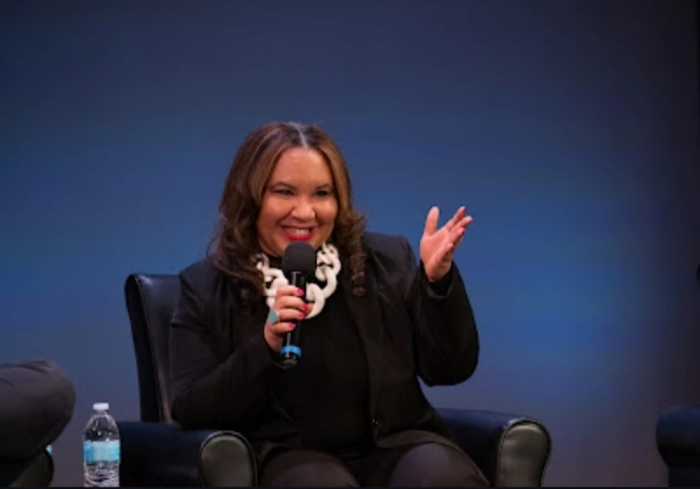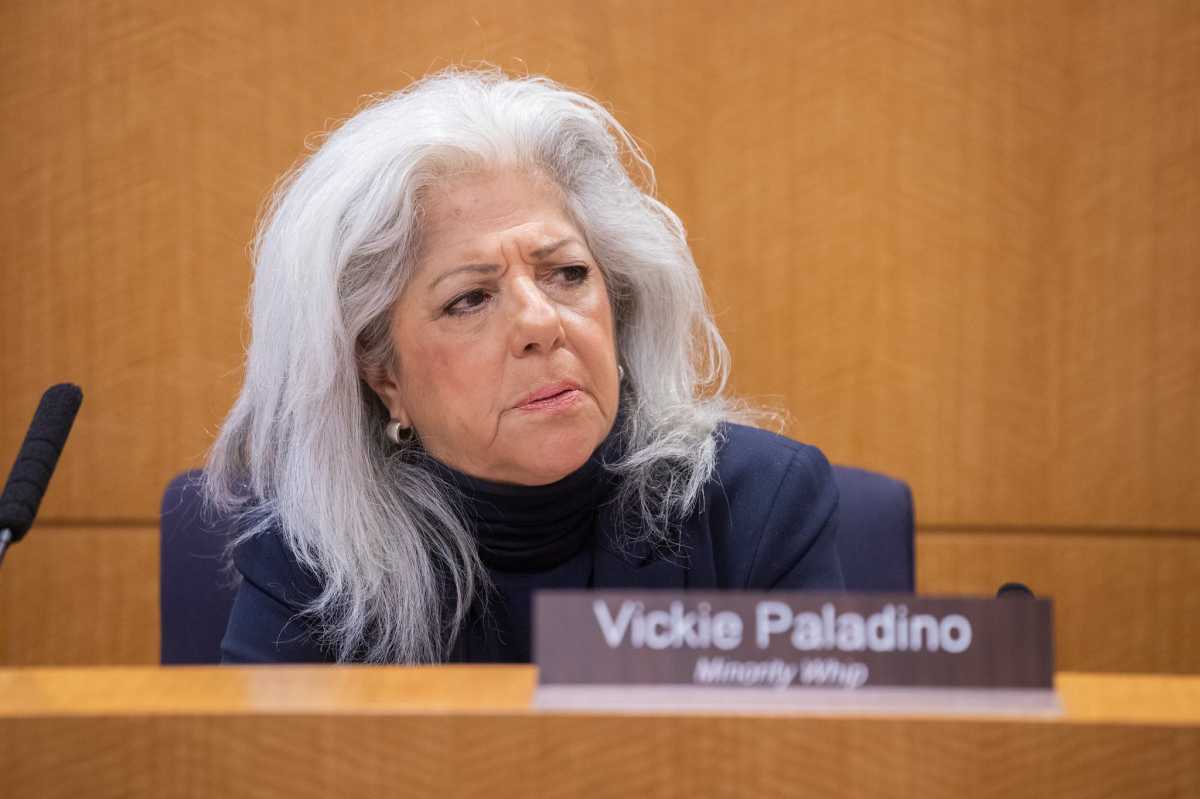The Worker, Homeownership, and Business Assistance Act of 2009 has established a tax credit of up to $6,500 for existing home owners who purchase another principal residence after November 6, 2009 and on or before April 30, 2010. As long as a binding sales contract is signed prior to April 30, 2010, the purchase can be made until June 30, 2010.
This credit is available for any person who has owned or resided in the same home for at least five consecutive years of the eight years preceding the purchase date. For a married couple, the law tests the homeownership history of both the homebuyer and his/her spouse. The purchase of any home that will be used as a primary residence will qualify for the credit, provided the home is purchased for a price that does not exceed $800,000. This includes single-family detached homes, attached homes such as condominiums and townhouses, mobile homes and houseboats. The purchase price of the new home does not have to surpass that of the previous home in order to qualify for the credit.
This tax credit differs from previous tax credits offered by the government because it is not limited to first time homebuyers. The credit is equal to ten percent of the purchase price, up to a maximum of $6,500. The income limit for individual taxpayers is $125,000 and the limit for married taxpayers filing jointly is $225,000. If a purchaser’s modified adjusted gross income (“MAGI”) exceeds these limits, the credit will be reduced. The credit will be reduced to zero for a single taxpayer with a MAGI that exceeds $145,000 and for a married couple with a MAGI that exceeds $245,000. Modified adjusted gross income is a term that is defined by the Internal Revenue Service and equals a taxpayer’s gross income in a given year less certain deductions. It is essentially a taxpayer’s adjusted gross income plus certain amounts of foreign earned income.
The credit is claimed on the individual’s federal income tax return. The IRS has provided Form 5405, which is used to determine the actual credit amount. Once this amount is computed, it is added to line 67 of the 1040 Income Tax Form (for 2009). No other application is required and no pre-approval process is necessary. The credit can be claimed on the tax return even if the taxpayer has little or no federal income tax liability. In such a case, the government will issue the taxpayer a refund for a portion or even the entire amount of the credit.
It is important to note that the credit is not available with respect to the purchase of a home from a family member, including a parent, grandparent, child or grandchild. It also excludes the purchase of a home from one’s spouse or the spouse’s family members.
This legislation was enacted in order to help create jobs and stimulate the economy by providing tax cuts for homebuyers. It is a temporary yet important measure designed to stimulate our economic recovery. Any specific questions concerning the utilization of this tax credit should be directed to a qualified tax or legal professional.
Ronald A. Fatoullah, Esq. is the principal of Ronald Fatoullah & Associates, a law firm that concentrates in elder law, estate planning, Medicaid planning, guardianships, estate administration, trusts and wills. The firm has offices in Forest Hills, Great Neck, Manhattan, Brooklyn and Cedarhurst, NY. Fatoullah is certified as an elder law attorney by the National Elder Law Foundation. He has been named a “fellow” of the National Academy of Elder Law Attorneys and is a former member of its Board of Directors. Fatoullah also served on the Executive Committee of the Elder Law Section of the New York State Bar Association. He chairs the Legal Committee of the Alzheimer’s Association, LI Chapter, and serves on its Board of Directors. Fatoullah is also a co-founder of the Senior Umbrella Network of Queens, and currently serves on its Board of Directors. This article was written with the assistance of Debby Rosenfeld, Esq., a senior staff attorney at the firm. The firm can be reached by calling 718-261-1700, 516-466-4422, 212-751-7600 or toll free at 1-877-ELDER-LAW or 1-877-ESTATE



































